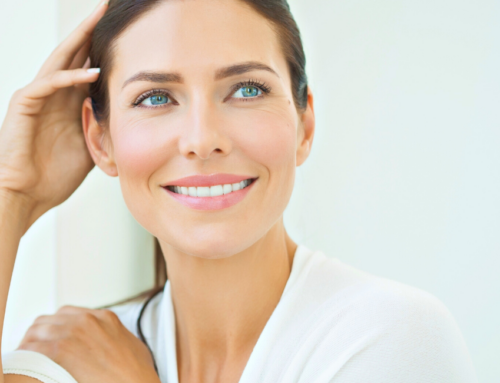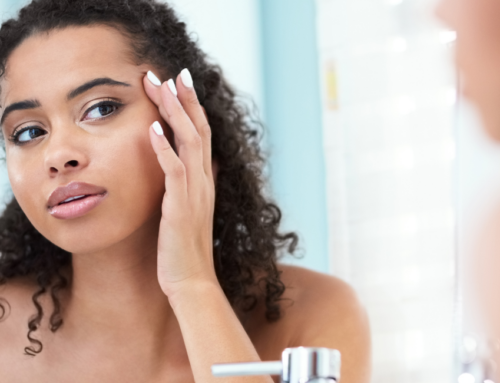Janaury 2022 – With every new year we are blessed with another year to add onto our age. Now, while age is just a number, this number affects your skin and skincare. As we age our skin changes, it loses its elasticity, it also becomes more susceptible to wrinkles, fine lines and sun spots may appear. However, do we know enough about ageing in order to effectively treat our skin?
Dr Lauren Knight (MBChB (UCT), MSc (Med), FCDERM, MMed, Derm), will hosting an Instagram live on Wednesday, 19 January @ 6pm on the SKIN functional instagram page (@skin_functional), explains that: “Ageing is natural process that happens in our skin over time as a result of the cells reaching their predetermined number of divisions. When this occurs, repair slows down and we see this as signs of ageing which largely comes across as fine lines, wrinkles, loss of elasticity of the skin and pigmentation. Between ages 30 and 80 the epidermal cell turnover rate slows from 30% to 50%. Sun spots or age spots are larger flatter areas of pigmentation that may resemble freckles that tend to occur in older people in sun exposed areas, but can also occur in younger people who spend a lot of time in the sun. Our skin starts “ageing” from our late 20s but how soon you will see the signs depends largely on genetics and also your skin care habits”.
As a result, using a sunscreen with a high SPF every day as well as avoiding being in direct sunlight has been proven to be the best way to prevent premature ageing and sun spots. “UV rays damage our cell DNA which inhibits the ability the cells have to repair themselves which speeds up the ageing process. Unfortunately, a lot of the sun damage is done in childhood and what we see as young adults is as a consequence of this sun exposure. You want to make sure you are religious about sun protection. Fortunately there are also skincare routine additives that you can optimise to improve the signs of ageing and in some cases even reverse the signs,” adds Dr Knight.
Skincare and using the accurate products for your skin concerns is key in maintaining heathly skin and managing ageing. Vitamin C, Hyaluronic Acid and Retinoids are the base anti-ageing ingredients to look out for.
Kevin Khosa, Customer Service Manager at SKIN functional emphasises the importance of using sunscreen, “You want to be using a broad spectrum sunscreen, with key antioxidants that aid in increasing its efficacy. In addition, try a Vitamin C and Niacinamide serum to brighten, Retinol to correct, HA to boost moisture reserves and acids to exfoliate the skin”.
With age there is a reduction of between 8% and 20% in the number of melanocytes. Melanocytes are responsible for producing melanin. The skin of older people is less able to protect itself from the sun and absorbs carcinogenic UV radiation. Therefore, older people are more susceptible to developing sun-induced cancers.
Skincare does not need to cost you an arm and leg. All you need is to know your skin type and skin concerns, key ingredients that will help your skin and seek out skincare that is fragrance free, as fragrance is the biggest skin irritant, and a basic, unscented moisturiser. Premature ageing, fine lines, wrinkles and sun spots are treatable but you need to start early on. Prevention is always better than cure.




